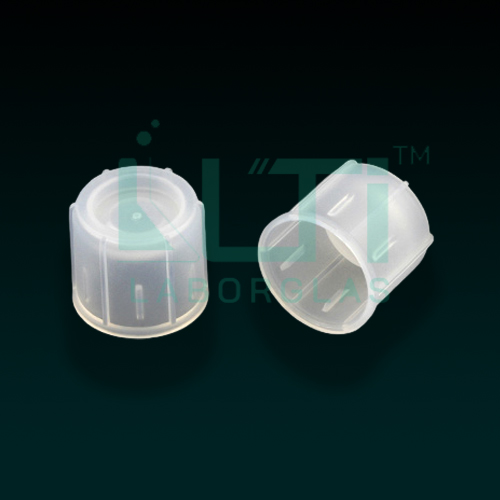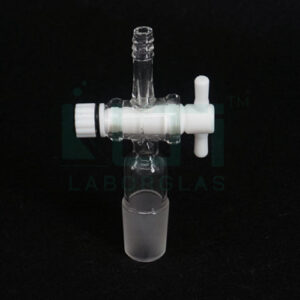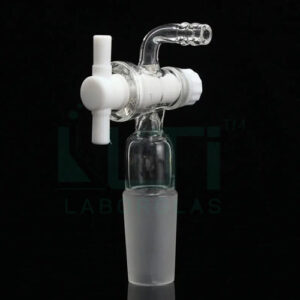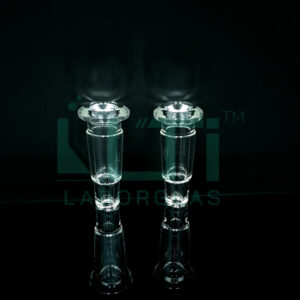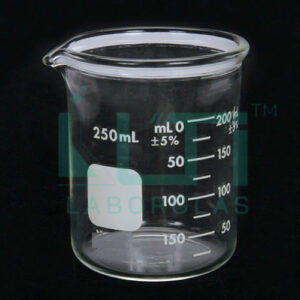- Made of Polypropylene
| PART No. | Size for Tube (mm) | PACK Qty. |
| 7430-12 | 12 | 100 |
| 7430-15 | 15 | 100 |
| 7430-18 | 18 | 100 |
| 7430-20 | 20 | 100 |
| 7430-25 | 25 | 100 |
Here are common uses and features of closure caps for test tubes:
- Sealing Test Tubes: The primary purpose of closure caps is to provide an effective seal for test tubes. This helps prevent the escape of liquids or gases from the tube and minimizes the risk of contamination.
- Leak Prevention: Closure caps are designed to be leak-resistant, ensuring that the contents of the test tube remain contained, especially during mixing, shaking, or transportation.
- Sample Protection: Closure caps protect the samples within the test tube from external contaminants, including dust, microbes, and airborne particles. This is crucial for maintaining the integrity of sensitive samples.
- Evaporation Control: The use of closure caps helps control evaporation, particularly for samples that need to be stored for extended periods. This is important for maintaining accurate concentrations and preventing changes in sample characteristics.
- Chemical Compatibility: Closure caps are often made from materials that are chemically compatible with a wide range of substances commonly used in laboratory experiments. This ensures that the caps do not react with or contaminate the samples.
- Autoclavable: Some closure caps are autoclavable, allowing for sterilization using autoclaving techniques. This is important for maintaining aseptic conditions in the laboratory.
- Color-Coding: Caps may come in different colors, allowing for easy identification and organization of multiple test tubes. This is especially useful in experiments involving numerous samples.
- Versatility: Closure caps are designed to fit specific sizes and types of test tubes, ensuring a secure fit and versatility in their use across different laboratory setups.
- Temperature Stability: Closure caps may withstand a range of temperatures, making them suitable for experiments involving heating or cooling of test tubes.
- Screw Caps and Snap Caps: Depending on the design, closure caps may be screw caps or snap caps. Screw caps are threaded and provide a secure seal, while snap caps offer quick and easy closure with a snap-on mechanism.
- Storage and Transportation: Closure caps enable safe storage of samples and facilitate the transportation of test tubes between different locations within the laboratory or even between laboratories.
- Environmental Samples: In environmental studies, closure caps play a role in preserving the integrity of samples collected from the environment.
- Biobanking: Closure caps are crucial in biobanking and sample repositories, ensuring the security and stability of stored biological specimens.

